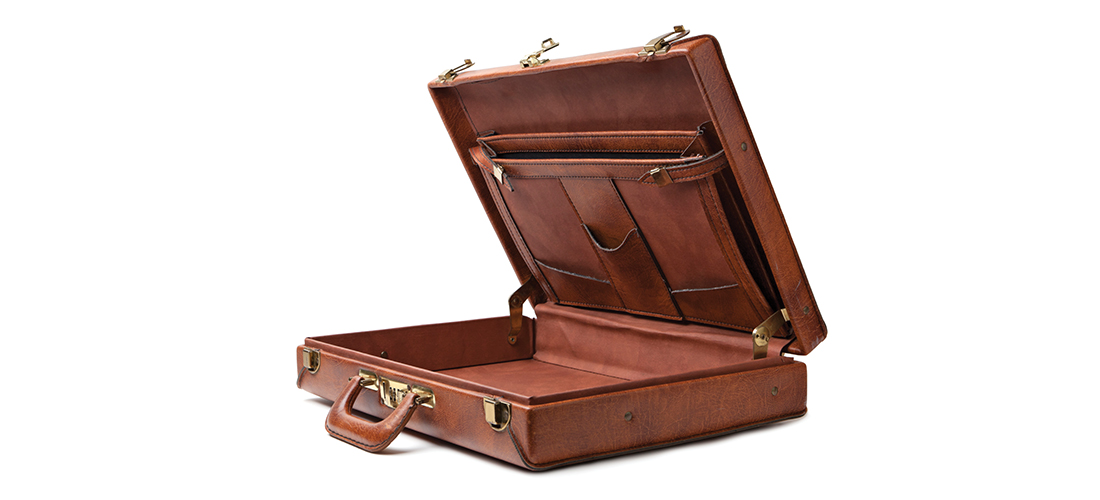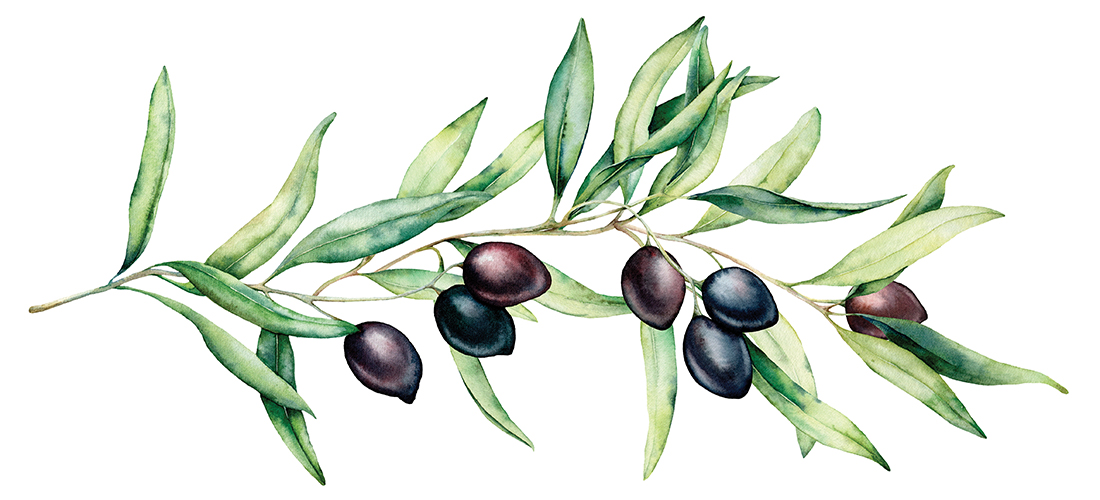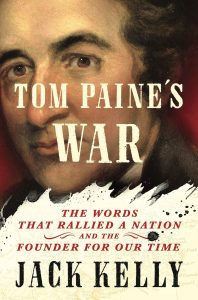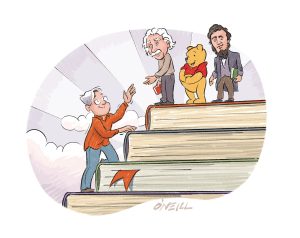
Five Easy Pieces
The legacy of a humble man
By Julie O. Petrini
My father was a salesman. Of the sample case, cold-call, hail-thee-fellow sort. He drove around the Midwest in a hulking sedan, peddling disposable restaurant supplies: toilet paper, four-ply napkins, plastic cups and cutlery. Humble as such an occupation might sound, he treated it as a calling. An ordained conversationalist, he could talk to anyone about anything. He made gatherings parties, strangers friends, and every restaurant or bar a potential customer. Of all his skills, his ability to win people over, in an instant or over years, was the one I most admired.
He was a kid from Boston, a mediocre student but a dervish of nervy energy, who headed West with his bride to make their way outside the shadow of their large Irish families. With caterpillar eyebrows that seemed to turn blacker as his wiry hair turned whiter, a linebacker build and Jackie Gleason grace, he wore patterned sports coats in bright colors. His smile was a light switch. He was a good talker, no doubt about it, but an even better listener. He’d find a clue about what a person might care about — a logo on a cap, a crest on a ring, a sticker on a notebook, a twang in a vowel — and even the most reticent would soon be telling him a story they hadn’t known they wanted to tell or laughing at something they hadn’t realized was funny.
On the weekdays, he devoted himself to customers, small and large. He lunched, at least once a week, at a diner in a little Wisconsin town several miles out of the way of anything else. It wasn’t a big account, certainly not lucrative enough to justify that investment of time, but it was always worthwhile, he said, to honor an early customer and learn another thing or two about his business. Once a month, he’d trek to St. Louis to call on Anheuser-Busch, the king of breweries. Forty-one afternoons he waited on a stiff plastic chair outside the purchasing department for a chance to pitch his products, not getting past the outer office. On the forty-second visit, he overheard shouts of panic over a rival supplier’s failure to deliver an order for 2 million beer cups for the upcoming festival season. “I can do it,” he called in through the sliding window over the receptionist’s desk. He did, and never had to wait in reception again.
On the weekends, he served the neighborhood. He’d start a Pied Piper project in the yard, gathering every kid in the neighborhood, to make a game out of mowing or cleaning the garage or shoveling snow. Then he’d lead a bike ride across town for ice cream or a toboggan run down the cliffside trail in the park, harnessing himself to the sled to pull the little kids back up the hill. Or he’d conjure coaching clinics, dumping a wheelbarrow of footballs, baseballs, basketballs and soccer balls to teach throwing, batting, shooting, kicking. Then we’d go on treasure hunts, rooting out Snickers bars and quarters that he’d buried earlier. He was a force.
Forces diminish, of course, and not long ago, I sat vigil with him as he succumbed to Parkinson’s. As happens in those dark hours of reflection, I thought of his gifts to me and my siblings. My brothers shared his extroverted ease; I did not and regretted he hadn’t been able to teach it to me. There were other lessons that did take, lessons guiding me in a life different from his. Lessons worth sharing.
Learn how to learn. I wanted to major in English at college but worried about how that would provide. My dad told me to study what interested me, that what l learned wasn’t what mattered. Things change so fast that most of what’s learned today won’t be relevant in five years anyway. Learn how to learn so you can always keep up. And the English romantic poets have held up pretty well.
You only need one good job offer (or school acceptance, or love interest or . . . ). Racking up choices isn’t the point; embracing the right one is.
Finish the job. I was so nervous that the struggling company I was working for would tank and leave me jobless that I was on the brink of taking another job, even though I loved the one I had. He made me rethink quitting and it turned out to be the best decision of my career. Sticking with the sinking ship helped me develop grit and earn lifelong allegiance from many who have since helped me.
Work your hardest the first six months and the last six months of any job. The first is obvious but the second not so much. People will remember you for leaving things in good shape, earning your keep until the end and respecting their mission even as you move on to a different one.
Have funner. Don’t just have fun, have funner. He had more funner than anyone I’ve ever known and so did most of the people around him. He laughed a lot — with glee at good jokes, with humility at himself, with irony at the craziness, and with joy at the chance to do it all again the next day.
Thanks, Dad. PS
Julie O. Petrini is a lawyer, writer and avid arts consumer. She splits her time between Southern Pines, North Carolina and Wellesley, Massachusetts. She can be reached at jpetrini@petrinilaw.com.





